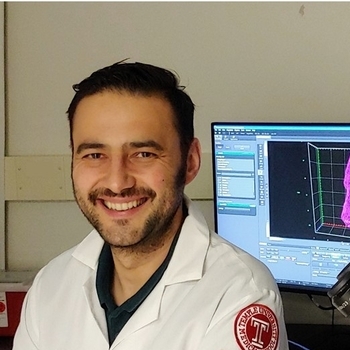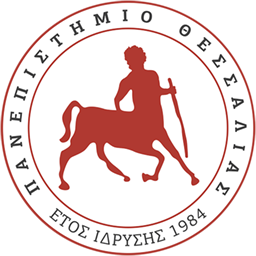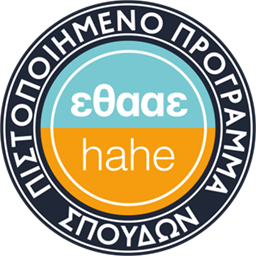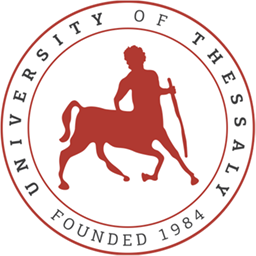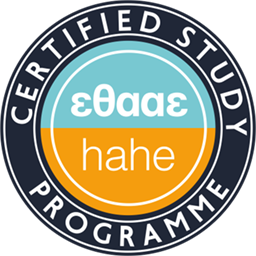Biochemical Toxicology
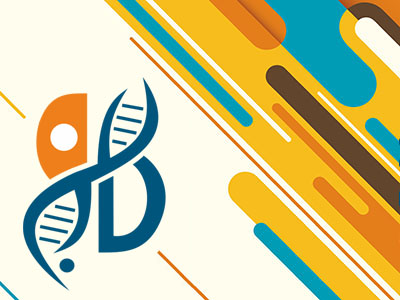
Theory: 3 hours/week | Practicals: 2 hours/week | ECTS Units: 5
Content – Aim of the course
The course aims to familiarize the students with the concept of toxicity from a biochemical point of view, emphasizing the molecular mechanisms underlying toxic effects of chemicals.
Analytical Description of the Course
- TOXICOKINETICS.
- XENOBIOTIC METABOLISM.
- DETOXIFICATION ENZYMES.
- ACUTE AND CHRONIC TOXICITY.
- MOLECULAR MECHANISMS OF CARCINOGENESIS.
- BIOCHEMISTRY OF CANCER CHEMOPREVENTION.
- DRUG INDUCED TOXICITY-THE EXAMPLE OF PARACETAMOL.
- TOXICOGENOMICS AND TOXICOLOGY OF GENETICALLY MODIFIED ORGANISMS WITH EMPHASIS TO THE GM FOOD.
- ENVIRONMENTAL TOXICOLOGY.
- PESTICIDES AND THEIR TOXIC EFFECTS.
Practicals
- Ames mutagenicity test.
- Isolation of human chromosomes from peripheral blood and observation of Sister Chromatid Exchanges (SCEs).
- Free radicals-induced mutations in plasmid DNA.
- Evaluation of the capacity of antioxidants to scavenge free radicals using the DPPH and ABTS assays.
- Measurement of the Total Antioxidant Capacity (TAC), catalase activity and glutathione levels in serum and red blood lysate.
Assessment
The students are evaluated based on their performance in the written examination at the end of the semester (100%)
Reading Suggestions
- Principles and Methods of Toxicology, edited by A. Wallace Hayes, 4th edition, Taylor and Francis, Philadelphia, 2001.
- Introduction to Biochemical Toxicology, edited by E. Hodgson and R. Smart, 3rd edition, Wiley-Interscience, 2001.
- Handbook of Pesticide Toxicology (2 Vol), edited by Robert Krieger et al, 2nd edition, Academy Press, 2001.
Teaching Material / E-class
Lecturers
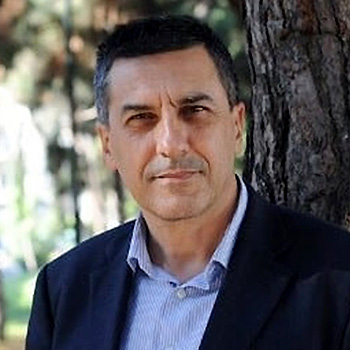
Dimitrios Kouretas (Course Coordinator)

Dimitrios Stagos
